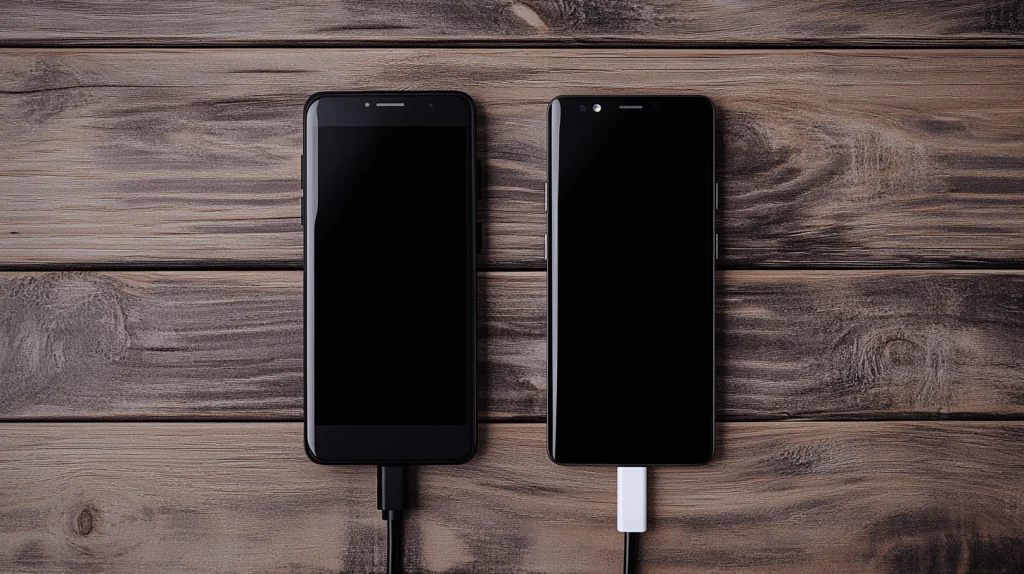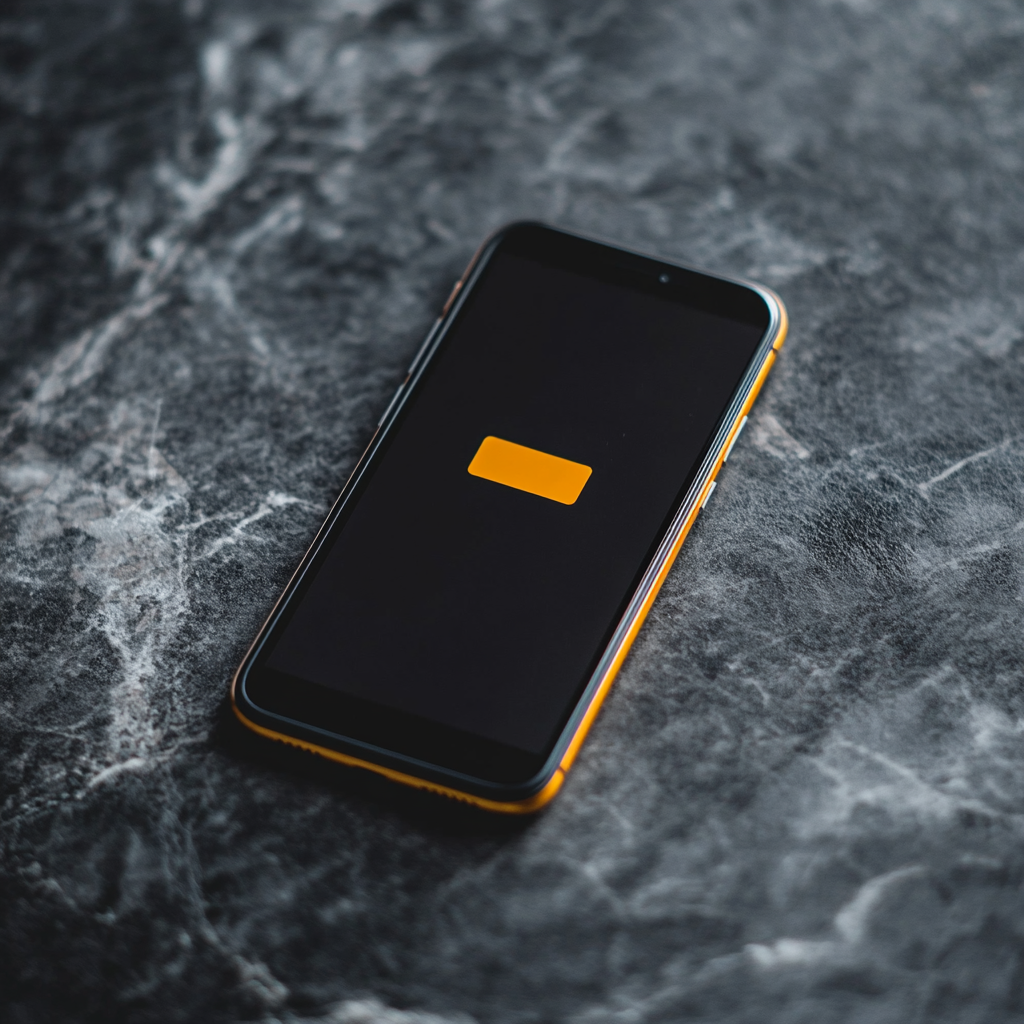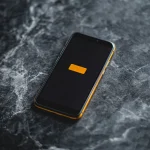The battery is one of the most sensitive components of technology. But no matter how much debate there is, there are still a lot of myths surrounding charging. Some say that you can’t keep the device on charge at night, some advise discharging it completely, and some are sure that “the original charger is not important.”
In this article, we will analyze the main myths, confirmed facts, and practical tips to really extend the life of the battery.
🔋 Myths about charging that it’s time to stop believing
❌ Myth 1: The battery needs to be completely discharged before charging
Fact: This was true for old nickel-cadmium batteries. Modern lithium-ion and lithium-polymer batteries do not require complete discharge. Moreover, deep discharge can even damage the battery.
❌ Myth 2: Charging your device at night is harmful
Fact: Modern gadgets can automatically turn off the charge at 100%. However, with a long connection, the charger still periodically recharges to maintain the level at 100%, and this can increase wear.
What to do: Charge to 80-90%, especially if you do not need a full charge in the morning.

❌ Myth 3: It’s better to always keep the charge between 0 and 100%
Fact: The ideal operating range for a battery is from 20% to 80%. The more often you charge in this range, the longer the battery will last.
❌ Myth 4: Charging from a “non-original” adapter is always dangerous
Fact: If the adapter is of high quality and meets the parameters, there is nothing to worry about. The main thing is not to use cheap and unknown brands, especially without certification.
⚙️ How to really extend the life of your battery
✅ 1. Keep the charge in the “green zone”
Best of all – from 30% to 80%.
It is in this range that the battery feels most stable.
✅ 2. Avoid overheating
Temperature is the enemy of batteries.
- Do not charge under a pillow or blanket
- Do not use the device while charging while playing games
- Do not leave it in the sun
✅ 3. Use power saving mode
Laptops and smartphones have modes that limit background activity and reduce the load on the battery. This is especially useful if you can’t quickly recharge.
✅ 4. Don’t store your device discharged for a long time
If you plan to store it for a long time, charge it to about 50% and turn it off. Don’t leave it completely discharged — the battery may simply “die”.
✅ 5. Turn off “gluttonous” functions
Wi-Fi, Bluetooth, GPS, and screen brightness — all of these actively eat up the charge. If you don’t use them, turn them off. Especially on the road or when the charge is low.
✅ 6. Don’t chase fast charging unless necessary
Fast Charge is convenient, but it heats up the device and wears out the battery a little faster. Use regular charging when you’re not in a hurry.

📉 Why do batteries lose capacity?
Over time, any battery loses its properties – this is normal.
This happens due to:
- chemical aging
- charge-discharge cycle
- thermal effects
Example: After 500 cycles, the battery loses up to 20-30% of its capacity, and this is normal.
But if used incorrectly, it can degrade 2 times faster.
💡 Frequently asked questions
Can I always use my laptop from the mains?
Yes, if you have a modern laptop with power control. But it is better to enable the “Battery Conservation” mode (available from Lenovo, Dell, MSI, etc.) to limit the charge to 60-80%.
Do I need to turn off my smartphone at night?
Not necessarily, but rebooting 1-2 times a week helps to reset backgrounds and improve performance.
A battery is not a consumable that can be neglected. By following simple rules, you can really extend the life of your battery for months or even years.
⚡ Remember:
- Don’t discharge it to zero
- Don’t overheat
- Charge it wisely
- Keep an eye on adapters and cables
Did you find this helpful? Share the article or check out other guides on treescabs.com — we write in simple language, without unnecessary words, but with benefit 😊









Leave a Reply